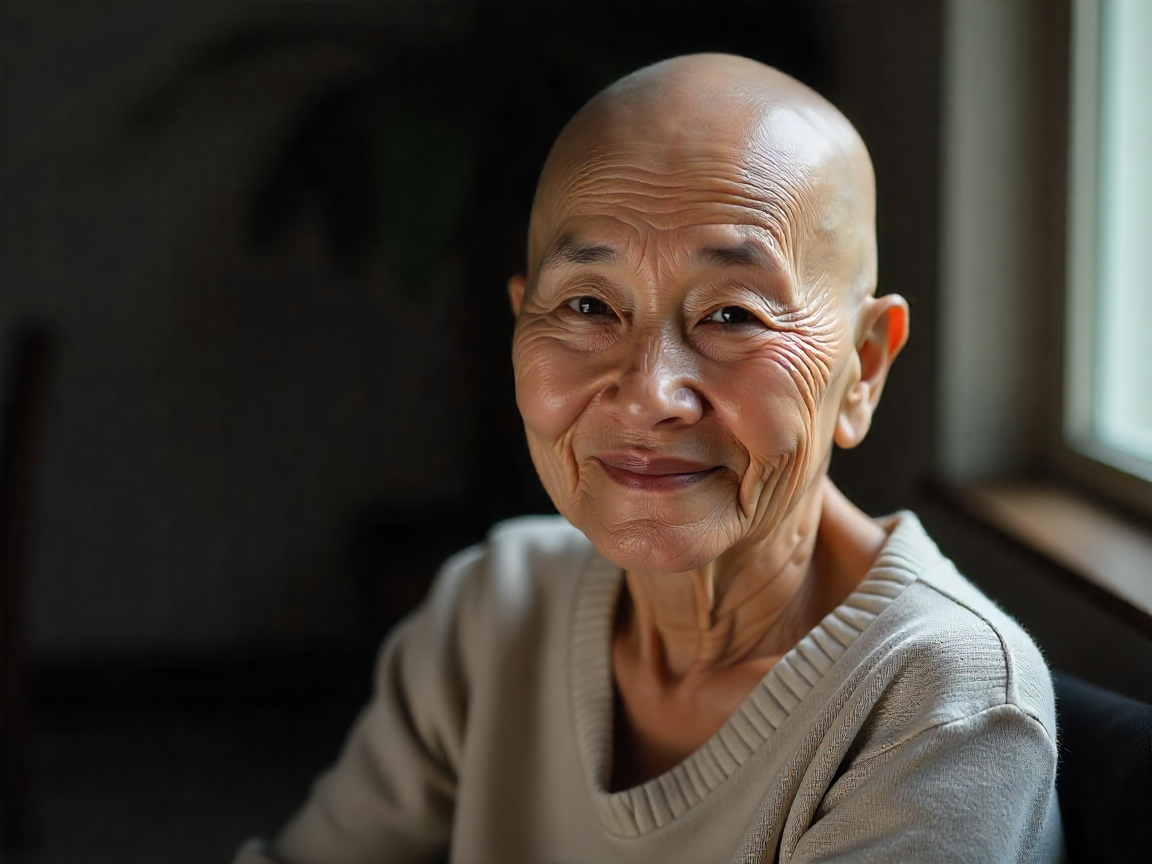
08 9 月 Cancer Care Easy Beginner Guide 101
Because how you respond can make all the difference.
Hearing that a loved one, friend, or colleague has cancer is a moment that stops time. You want to say the right thing but fear of saying the wrong one can leave you frozen.
The truth? Perfect words don’t exist. But kind, thoughtful actions do. And that’s where true cancer care begins not just in hospitals or clinics, but in the quiet, human moments between people.
Cancer care isn’t only about treatment. It’s also about emotional support, dignity, and being seen.
Here’s how to show up with empathy and avoid common missteps.
✅ DO: Listen Without Rushing to Fix
When someone shares their diagnosis, they often don’t need solutions… they need space to feel heard. Sit with them. Make eye contact. Nod. Let silence be okay.
Try saying: “Thank you for telling me. I’m here.”
You don’t have to offer advice. Just being present is a powerful act of cancer care.
❌ DON’T: Compare Their Journey to Others
Avoid: “My cousin had cancer and she’s totally fine now.”
Even with good intentions, comparisons can make the person feel like their fears are being brushed aside. Every cancer experience is unique. Let them speak without redirecting to someone else’s story.
✅ DO: Acknowledge Their Strength
Sharing a diagnosis takes courage. Honour that.
Say: “I can only imagine how hard this was to say… thank you for trusting me.”
This small recognition can bring comfort during a vulnerable time.
❌ DON’T: Use Clichés or False Positivity
Phrases like: “Stay positive!” / “Everything happens for a reason.” / “You’re going to beat this!”
can unintentionally dismiss their real emotions. Cancer isn’t a test of mindset.
Instead, try: “I don’t know what to say but I’m with you.”
Honesty builds deeper connection than forced optimism.
✅ DO: Ask What Kind of Support They Need
Needs change daily. Some days, they want to talk. Other days, distraction.
Ask gently: “What does support look like for you right now?”
Even if they don’t know, the question shows you care without assumptions.
❌ DON’T: Disappear After the Diagnosis
One of the most painful parts of cancer isn’t the illness… it’s the friends who quietly vanish.
Check in regularly. A simple: “Thinking of you. No reply needed.”
can mean the world weeks or months into treatment.
Cancer care isn’t a one-time gesture. It’s ongoing presence.
✅ DO: Offer Specific, Practical Help
Instead of: “Let me know if you need anything,”
which puts the burden on them, try: “Can I bring dinner on Tuesday?” / “Want me to come with you to your next appointment?”
Specific offers are easier to accept and often deeply needed.
❌ DON’T: Push Supplements or ‘Miracle Cures’
Avoid recommending herbal remedies, special diets, or unproven treatments especially if you’re selling them.
Your loved one is already navigating complex medical decisions. Unsolicited advice adds stress.
Respect their treatment path. Let doctors lead and you lead with compassion.
✅ DO: Respect Their Privacy and Pace
Not everyone wants to talk about cancer all the time. If they change the subject, follow their lead. If they ask you to keep it private, honour that. Let them control how much and when they share.
❌ DON’T: Make It About Your Emotions
It’s okay to feel upset but avoid breaking down in front of them or making them comfort you. Save your emotional release for a trusted friend or counsellor. Be the steady presence they can lean on.
True Cancer Care Starts with Presence
Cancer strips away pretence. It reveals what really matters: connection, kindness, and showing up even when you don’t know what to say.
You don’t need grand gestures. You just need to be there. Again and again.
That’s not just friendship. That’s cancer care in its most human form.
Learn more about services here: https://komunecare.com/#services
Read more cancer stories here: https://www.cancerresearch.my/stories/



Sorry, the comment form is closed at this time.